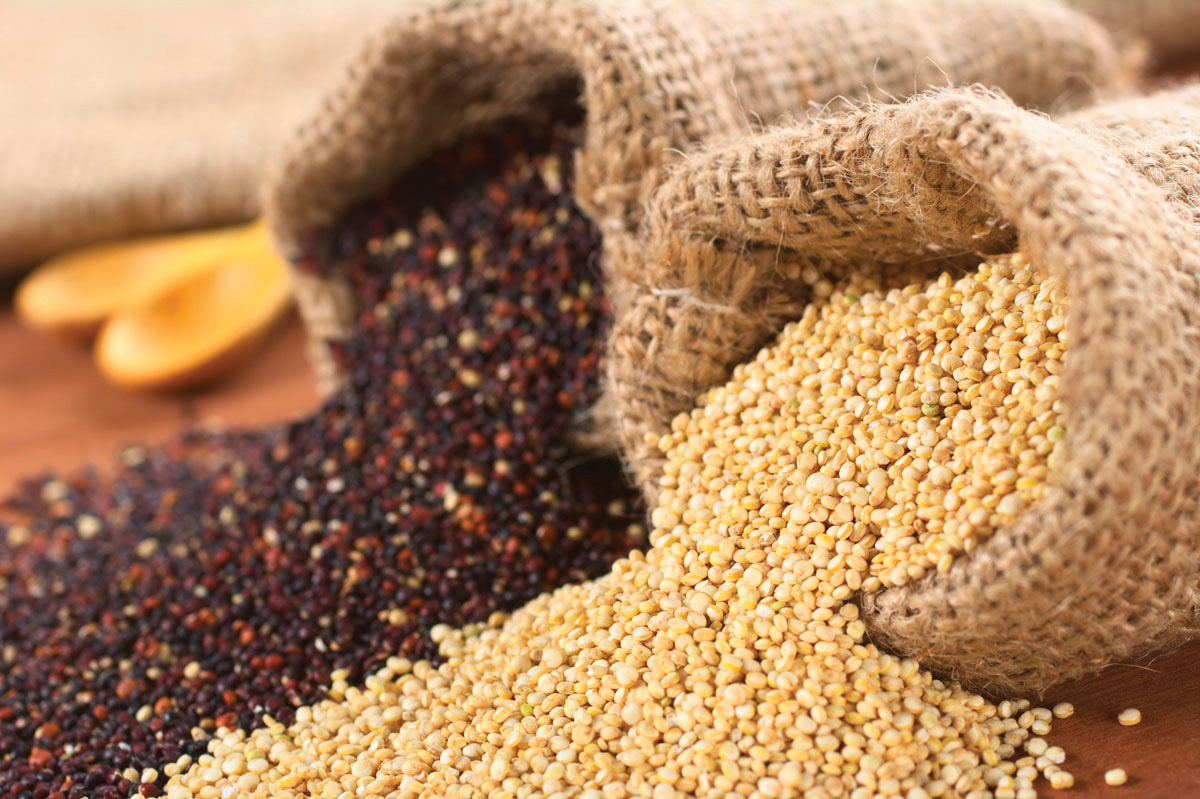 Side Effects
Side Effects
A few people are born with, or develop, a full-blown allergy to gluten known as celiac disease. But even those who aren’t celiac sufferers can still notice inflammation or irritation of the digestive tract when consuming gluten. Cutting the offending protein out of your diet can chill things out, making the aftermath of eating a whole lot more pleasant to you.
Lousy Passengers
Sometimes it’s not gluten itself that’s the problem: It’s the fact that foods with gluten are often also high in processed carbohydrates and refined sugars. Cutting out gluten can therefore also mean eliminating those dietary baddies. But there’s also plenty of gluten in many whole-grain products, which are great nutrition-packed energy sources for your body.
Nutrition Impact
Many forms of gluten-rich carbohydrates are also great sources of nutrients, which can be hard to replace without a bit of research and careful eating habits. They’re also important sources of fiber, the lack of which can cause some unpleasant digestive issues. If you don’t have inflammation, eliminating gluten can mean cutting out great sources of fuel.
Poor Substitutes
Those who cut out gluten to try to loose weight may be in for a nasty surprise. That’s because many gluten-free substitutes for traditional foods are actually higher in sugars and fats. Be sure to check your labels, and if possible opt for whole foods you prepare yourself instead of factory-made substitutes. That way, you’ll know the right stuff is going into your mouth.











